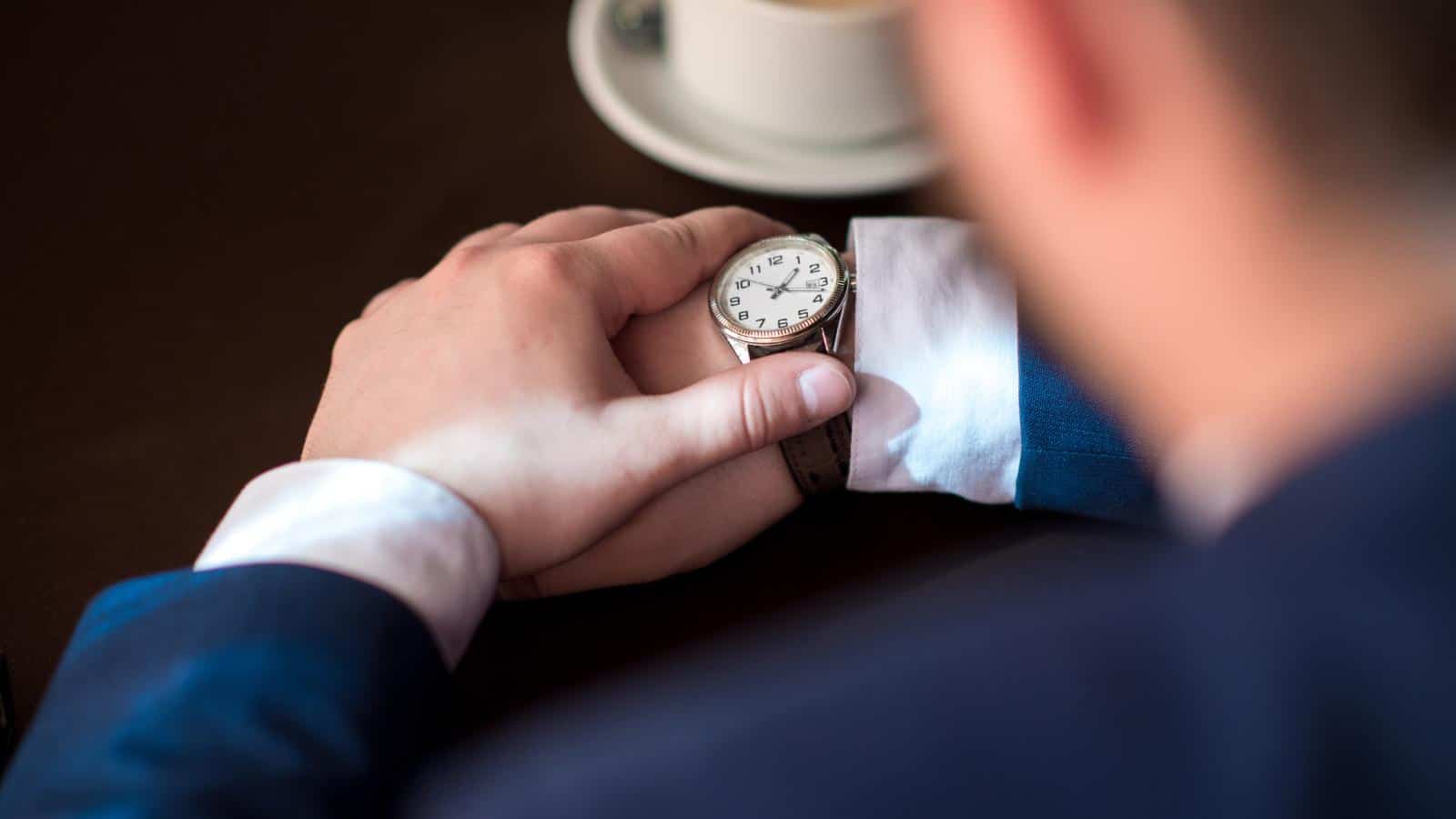Politeness is a hallmark of British culture, but sometimes, even the most well-mannered Brits can come across as unintentionally rude. It’s usually a matter of cultural differences or habits ingrained over time. Here are 18 ways the Brits might be seen as rude without even realising it.
Avoiding Eye Contact

According to Michigan State University, “using appropriate eye contact can be difficult.” The British can be somewhat wary of direct eye contact, especially with strangers, despite the fact that, in many cultures, making eye contact is a sign of respect. This can lead to misunderstandings, with people perceiving them as being disinterested or dismissive when they’re just trying to be polite.
Being Too Reserved

Brits often value their personal space and may come across as standoffish or uninterested in social settings. This reserved nature can be misinterpreted by those from more expressive cultures as aloofness or rudeness, even though it’s simply a cultural preference for maintaining a certain distance.
Queueing Obsessively

Queueing is a British pastime, but the strict adherence to this social order can be seen as rude by those not used to it. If someone inadvertently skips the queue, they might receive icy stares or curt remarks, and while intended to uphold fairness, this strictness can feel overly harsh.
Understating Compliments

People in the UK are often modest, to the point where their compliments can sound more like faint praise. Phrases like “not bad” or “quite good” are meant to be positive, but instead, they can come off as lukewarm or even sarcastic to those who are not used to such reserved expressions.
Sarcastic Humour

British humour is famously dry and sarcastic, which can be confusing or even offensive to those unfamiliar with it. A witty remark meant in good fun might be taken literally or seen as a personal jab, causing unintended offence in the UK.
Talking About the Weather

While discussing the weather is a common icebreaker in this country, to those from other cultures, it can seem trivial or a way to avoid more meaningful conversation. This habit can give the impression that Brits are superficial or not genuinely interested in deeper interactions.
Stiff Upper Lip

The English tendency to keep a ‘stiff upper lip’ and not show emotions can be misinterpreted as coldness or a lack of empathy. Especially in emotional situations, this reserved behaviour can come across as uncaring or detached. Though, often, it’s just a way of maintaining composure.
Formal Greetings

Brits often use very formal greetings and titles, such as ‘Mr.’ or ‘Mrs.’ This formality can seem overly stiff or even patronising to those who prefer a more relaxed approach. What’s meant as a sign of respect might be viewed as creating unnecessary distance.
Being Indirect

Locals in the UK and their indirect communication style, full of euphemisms and vague hints, can be frustrating for those who are used to more straightforward conversations. Phrases like ‘I might’ or ‘it could be’ are often used to soften the message but can be seen as evasive or non-committal.
Punctuality Expectations

Punctuality is highly valued in England, and being late is considered very rude. This strictness can be hard on those from cultures with a more relaxed view of time, leading to awkwardness and the perception that Brits are overly rigid or impatient.
Over-Apologising

British people are known for saying ‘sorry’ often, even when they aren’t at fault. This habit, meant to show politeness, can come off as insincere or passive-aggressive, especially if the apology isn’t backed by a genuine desire to make amends.
Tea Etiquette

The love of tea that has a hold on the entire UK comes with its own set of unspoken rules, so offering someone a cup of tea and then not actually making it, or not offering it at all, can be seen as a slight. This ritualistic approach to tea can confuse or alienate those not familiar with the tradition.
Politeness Overload

While being polite is generally a good thing, Brits can sometimes overdo it. Constantly saying ‘please,’ ‘thank you,’ and ‘excuse me’ can seem excessive or even insincere to those from cultures where such courtesies are used far more sparingly.
Not Sharing Personal Space

In the UK, it’s common to keep personal space very private. Therefore, hugging, touching, or standing too close can make Brits uncomfortable. Conversely, their need for space can come across as unfriendly or distant to those from more tactile cultures.
Unwillingness to Accept Help

Most British people will politely decline offers of help or hospitality, preferring to be self-sufficient. This can be misinterpreted as a rejection of kindness or as rudeness, especially in cultures where accepting help is a way of building relationships, not to mention showing gratitude.
Criticising Bad Manners

Brits can be quite critical of what they perceive as bad manners, often pointing them out in a way that can seem condescending. Comments on eating habits, speaking loudly, or other behaviours can come across as snobbish or superior when actually they just mean well.
Insistence on Fair Play

There’s an obsession in the UK with fairness and playing by the rules, which can sometimes seem overly rigid. Insisting on following rules to the letter in casual settings can make Brits appear inflexible or overly serious, which has the potential to cause friction with those who have a more relaxed approach.
Reserved at Social Gatherings

And finally, at parties or social events, you might think a British person would be in their element, but most might not engage in lively conversation or mingle as much as others would expect. Some see their preference for smaller, more intimate gatherings as antisocial or rude.







